Who owns your product? - Shareholder Insight Tool
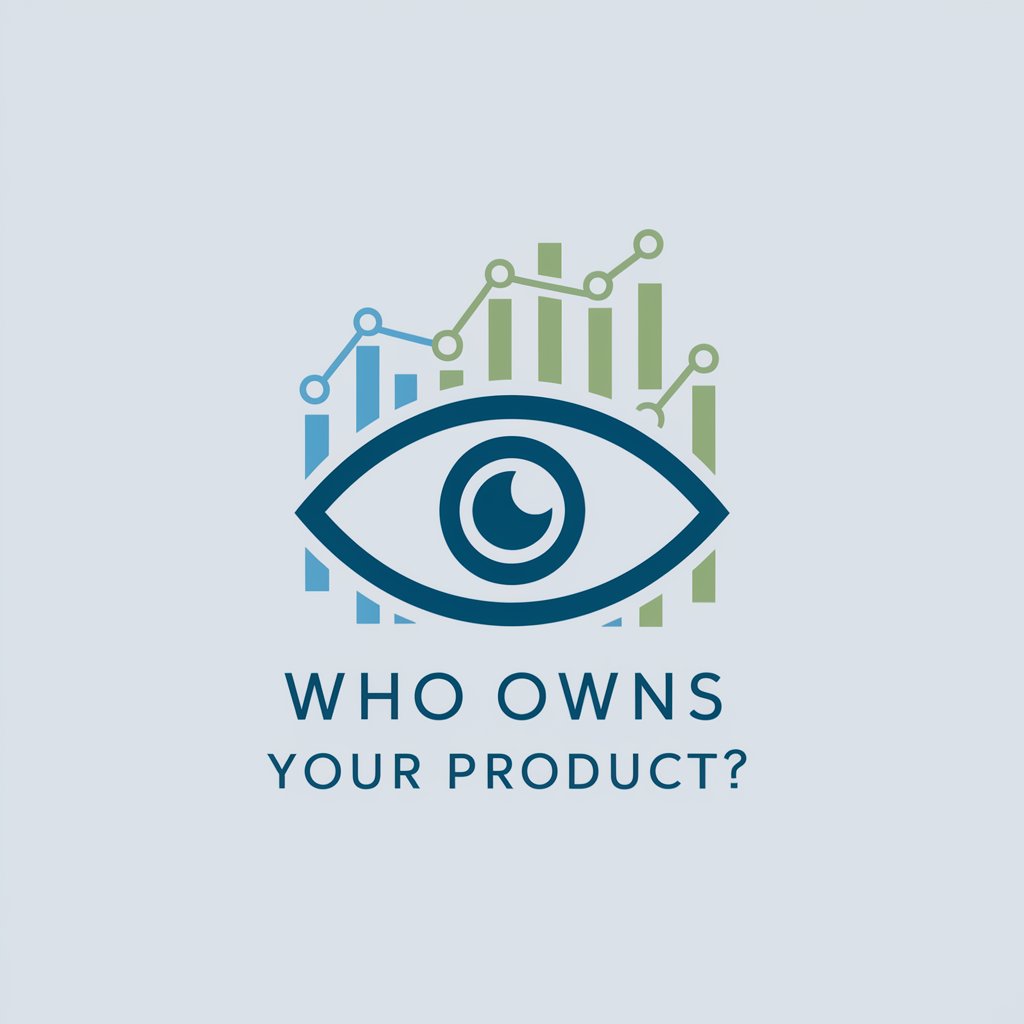
Hi there! I'm here to help you understand corporate ownership.
Discover Who Owns Any Company
Who are the major shareholders of...
Can you tell me who owns...
What is the ownership structure of...
Please provide the shareholding breakdown for...
Get Embed Code
Who owns your product? - An Overview
Who owns your product? is a specialized GPT designed to provide detailed insights into the financial distribution and ownership structures of companies based on specific products mentioned by the user. Its core function revolves around investigating and detailing the ownership percentages of companies, from institutional investors to staff incentive schemes, focusing primarily on public companies and their shareholding structures. By examining branded products, for example, a toothpaste manufactured by Unilever, this GPT offers a comprehensive analysis of the company's ownership, listing major shareholders and their stake percentages. It leverages publicly available data to ensure accuracy, though it advises that the information may not reflect the latest financial details or profit margins. Powered by ChatGPT-4o。

Core Functions of Who owns your product?
Ownership Analysis
Example
If a user inquires about Colgate toothpaste, the GPT will investigate its manufacturer, Colgate-Palmolive, and detail the company's ownership structure.
Scenario
This function is applied when a user is interested in understanding who holds significant shares in the company behind a product, enabling them to make informed decisions on investments or purchases.
Shareholder Breakdown
Example
Upon analyzing a company like Tesla, Inc., the GPT provides a detailed breakdown of major shareholders, including institutional investors and the percentage of shares they own.
Scenario
Useful for investors or analysts looking to understand the financial backing and confidence in a company, this function highlights the distribution of shares among major stakeholders.
Ownership Transparency
Example
For a startup that recently went public, such as Airbnb, the GPT can outline the shareholding pattern, emphasizing institutional versus individual ownership.
Scenario
This is crucial for potential investors or market analysts aiming to assess the stability, growth prospects, and ownership diversity of a new public entity.
Who Benefits from Who owns your product?
Financial Analysts and Investors
These users benefit by obtaining a deeper understanding of a company's ownership structure, aiding in investment decisions. The detailed shareholder information helps in assessing a company's financial stability and growth potential.
Business Journalists and Researchers
Journalists and researchers looking for comprehensive data on company ownership for articles, reports, or academic papers will find this GPT invaluable for its ability to dissect and present ownership details succinctly.
Consumer Advocates
Individuals or groups interested in corporate responsibility and ethics may use the service to understand the ownership of companies whose products they use or endorse, ensuring their values align with those of the company.

How to Use 'Who Owns Your Product?'
1
Begin by visiting yeschat.ai to explore 'Who Owns Your Product?' without the need for signing up or subscribing to ChatGPT Plus.
2
Type in the name of the product or company you're interested in learning about in the search bar provided.
3
After submitting your query, the tool will analyze and retrieve information on the ownership structure of the mentioned company.
4
Review the generated report, which includes a detailed breakdown of major shareholders and their percentage holdings.
5
Utilize the provided information for investment decisions, academic research, or personal curiosity. Refresh your query for the most current data.
Try other advanced and practical GPTs
Universal Economist (UEC)
Empowering Economic Decisions with AI
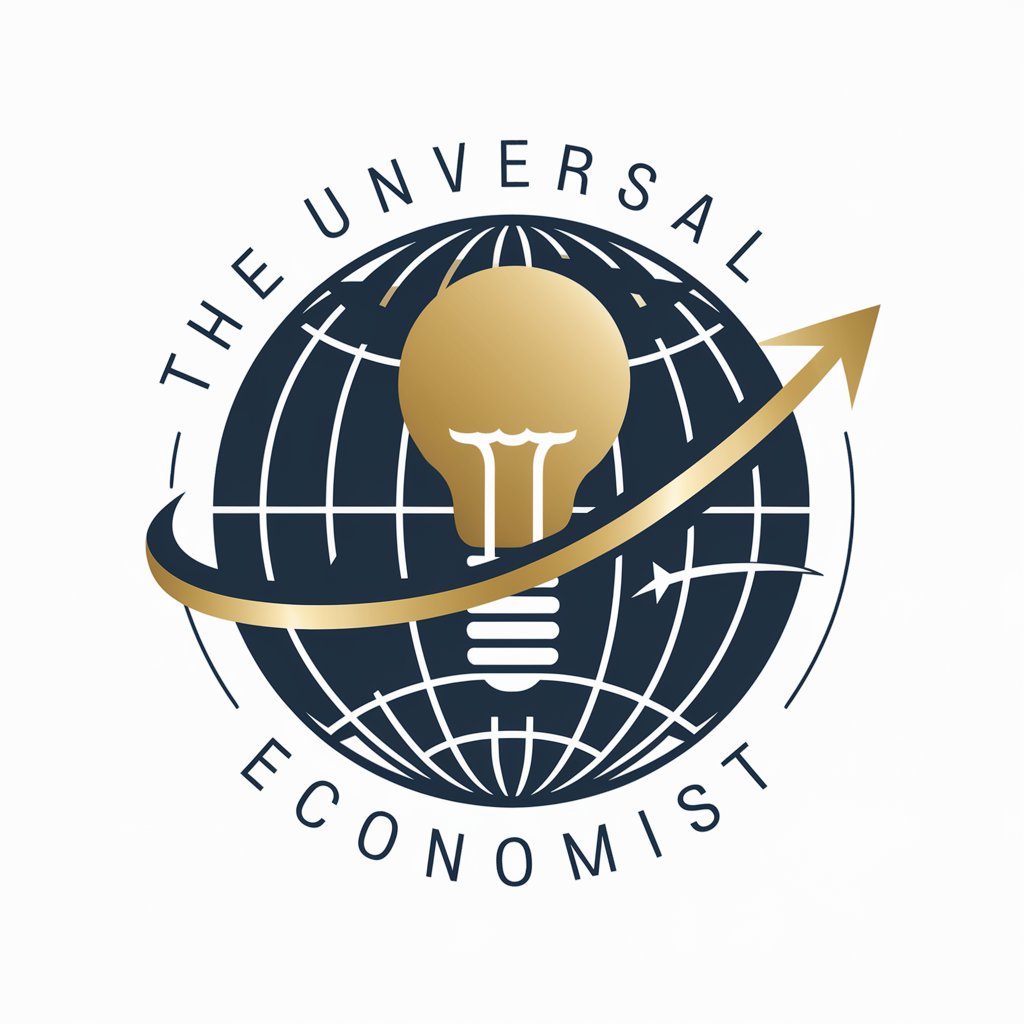
AI 広島のおっちゃん
Immerse in Hiroshima with AI
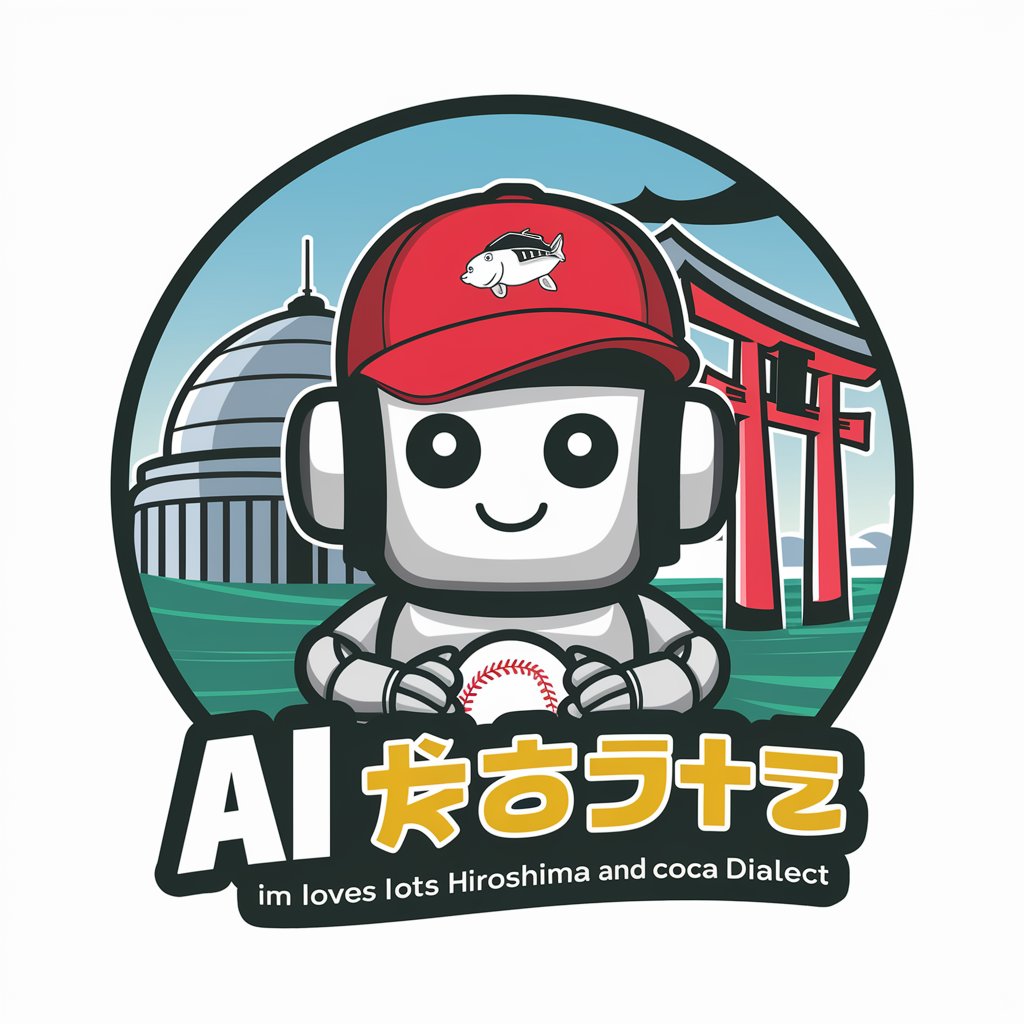
AEPD Cookie Banner Tester
AI-powered Cookie Compliance Checker
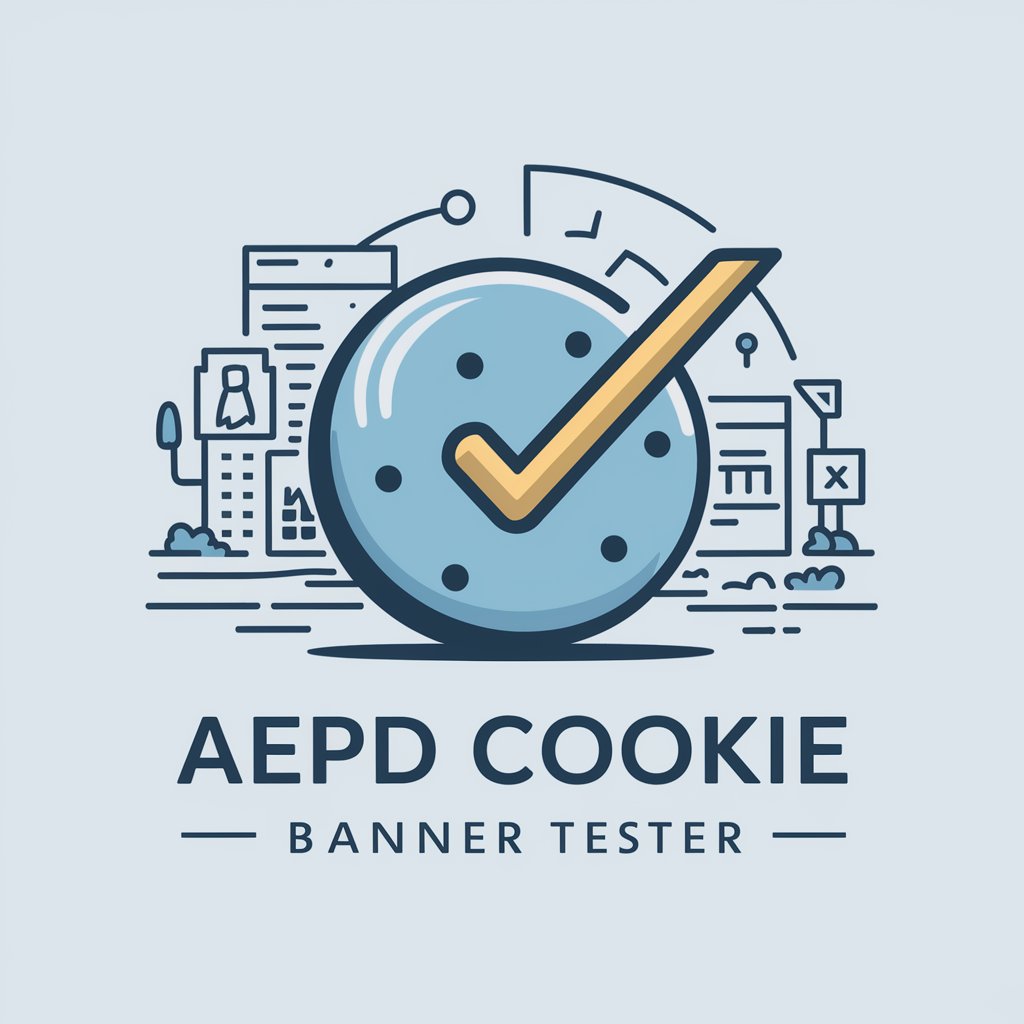
Top Line
Crafting Precise Headlines with AI

Sonia. Diagramas educativos
Visualize concepts with AI-powered diagrams
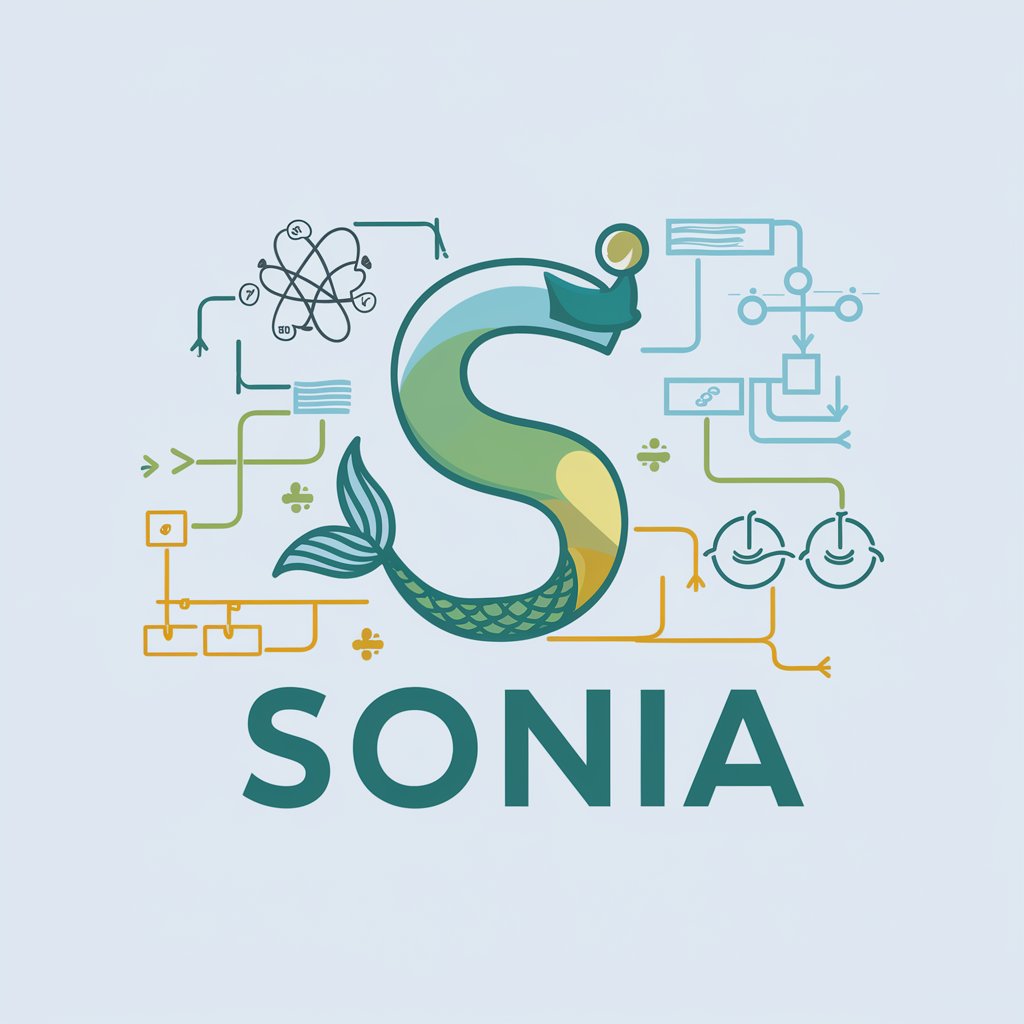
Second Mention
Elevate your writing with AI-driven creativity.
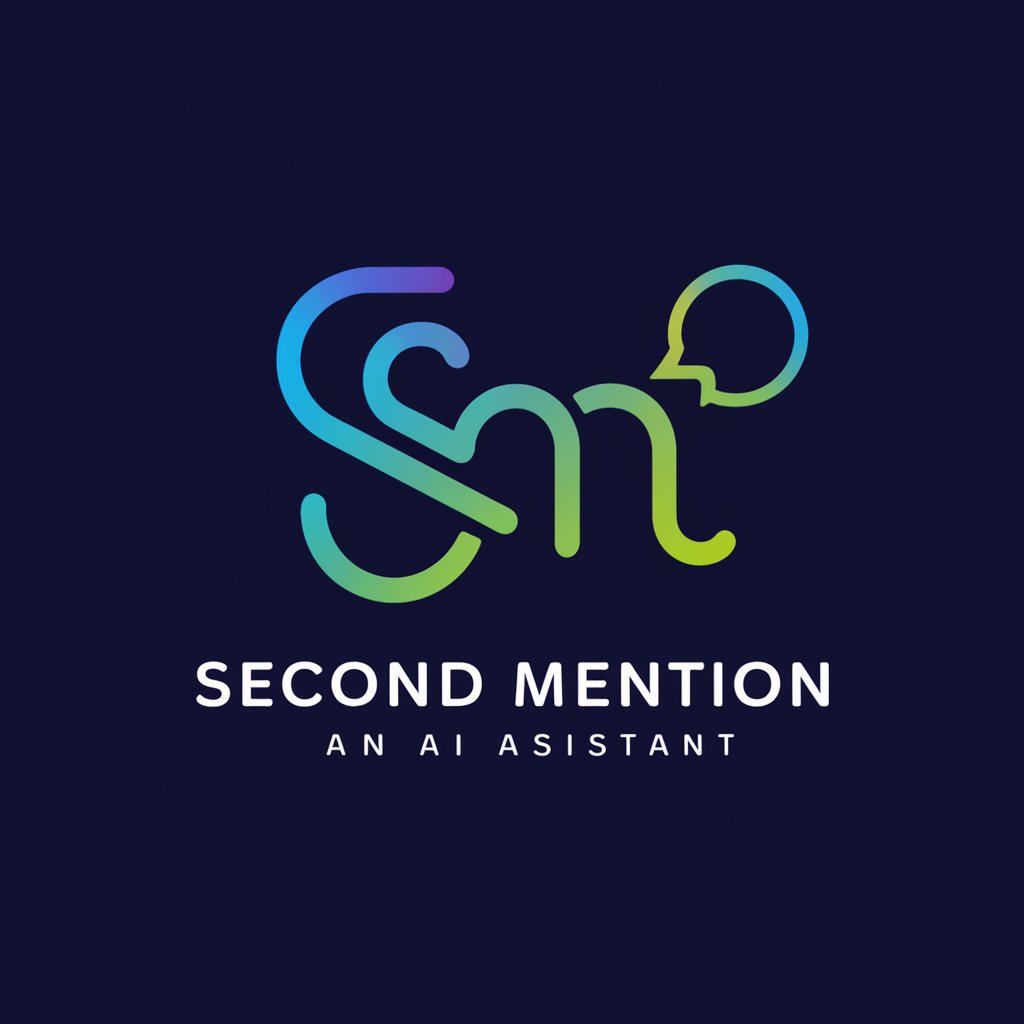
AI ホスト“ティナ”
Empathetic AI for Everyday Conversations
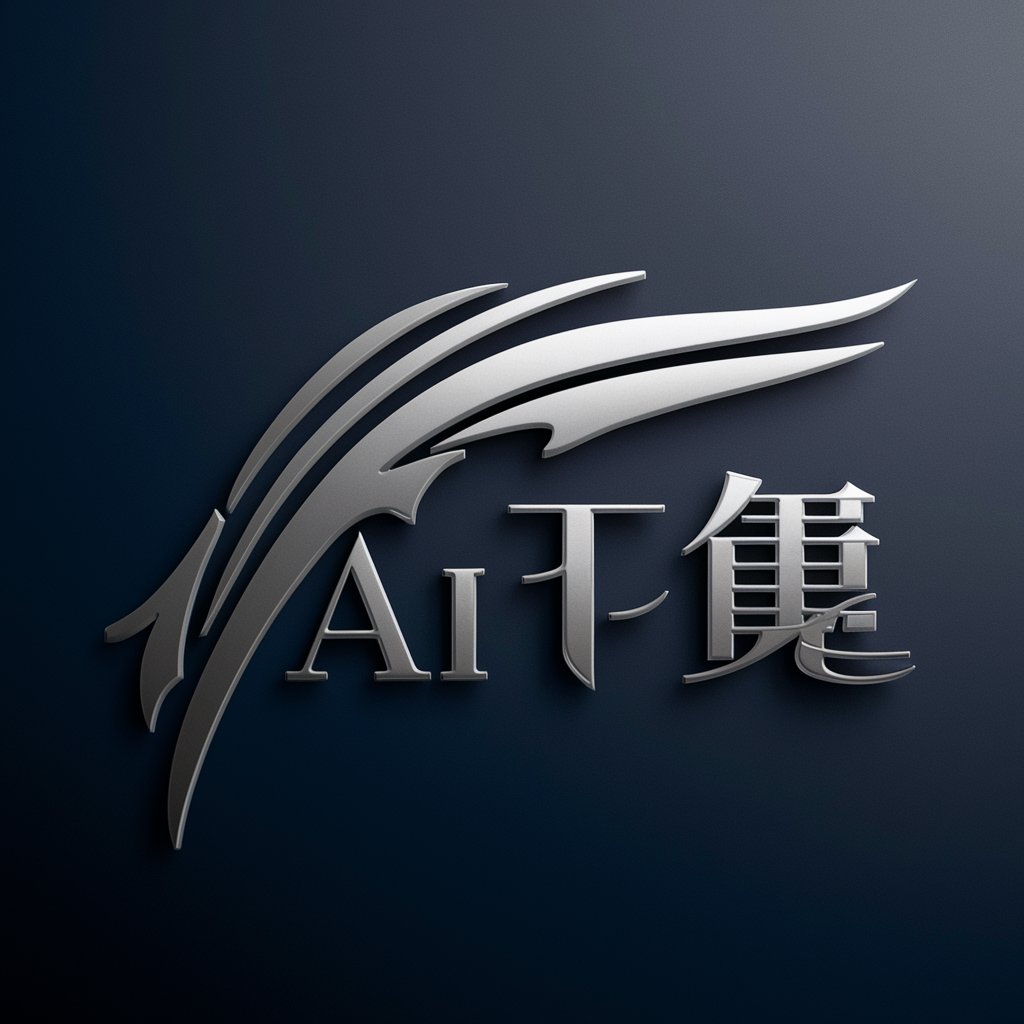
Never split the difference
Master negotiations with AI-driven insights
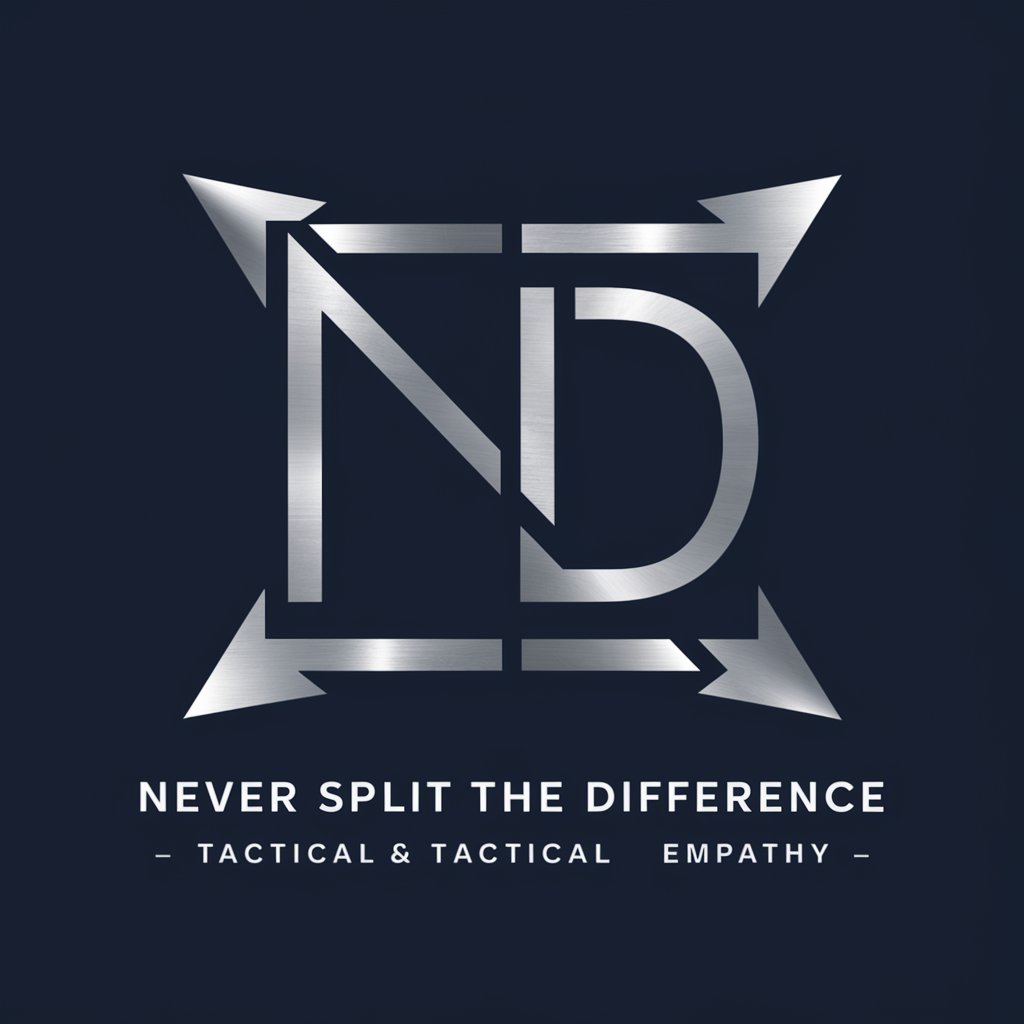
AI Branding
Empowering Your Brand with AI
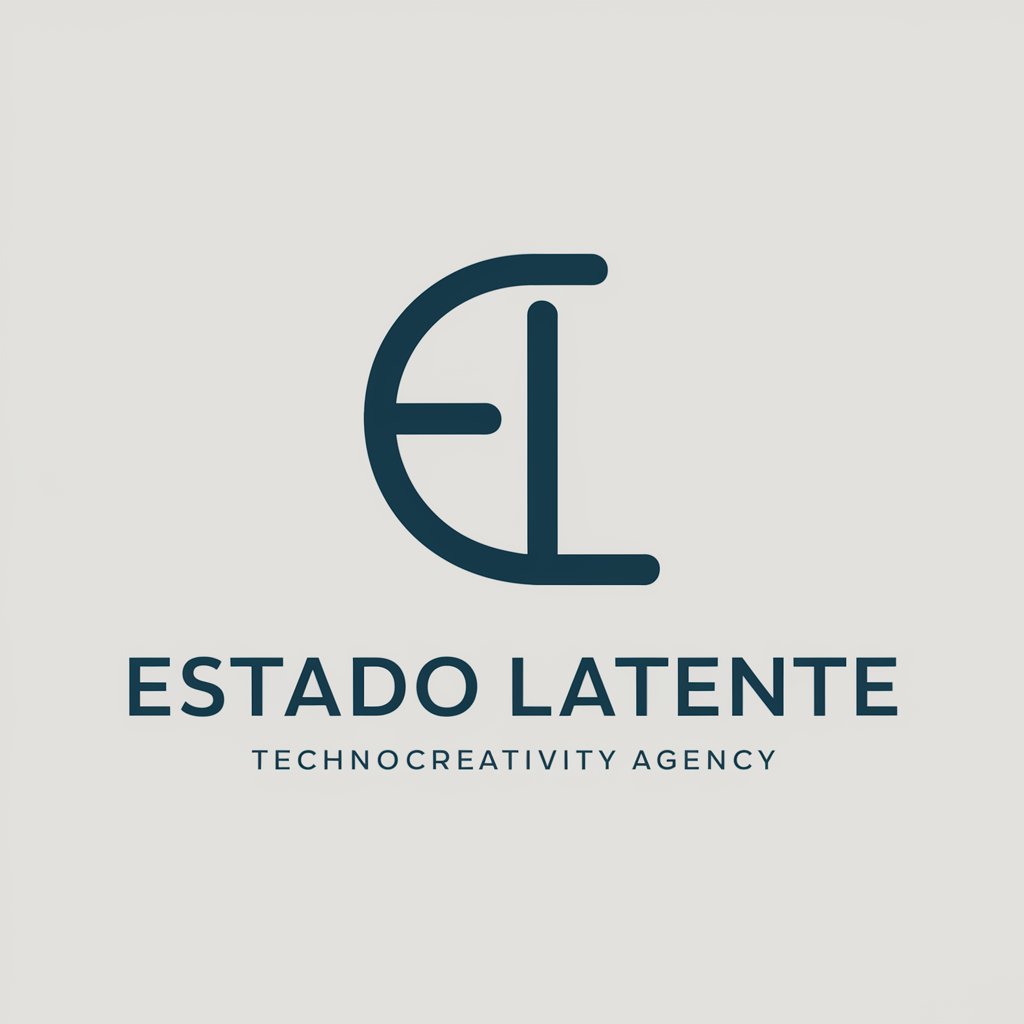
Universal Entrepreneur (UEN)
Empowering Entrepreneurship with AI
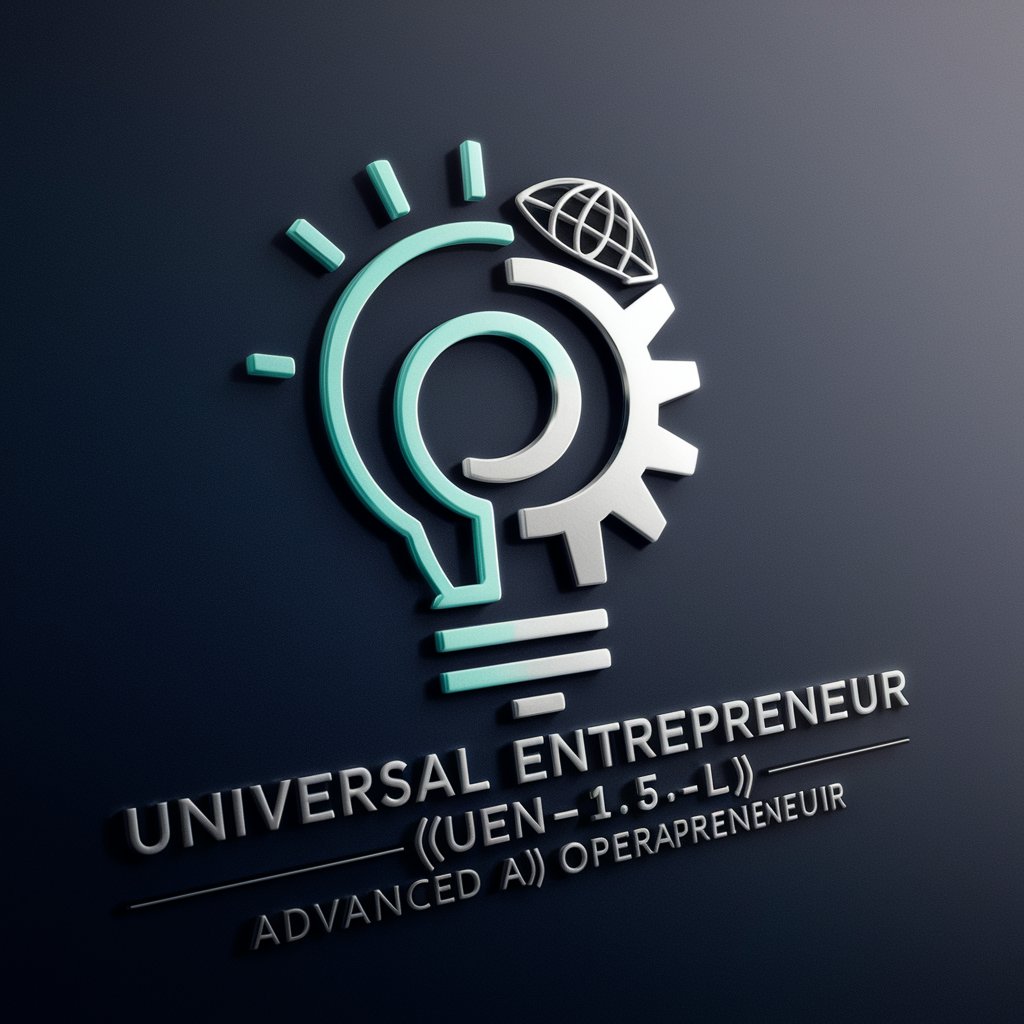
AppScript Architect
Automate Sheets with AI-Powered Scripts
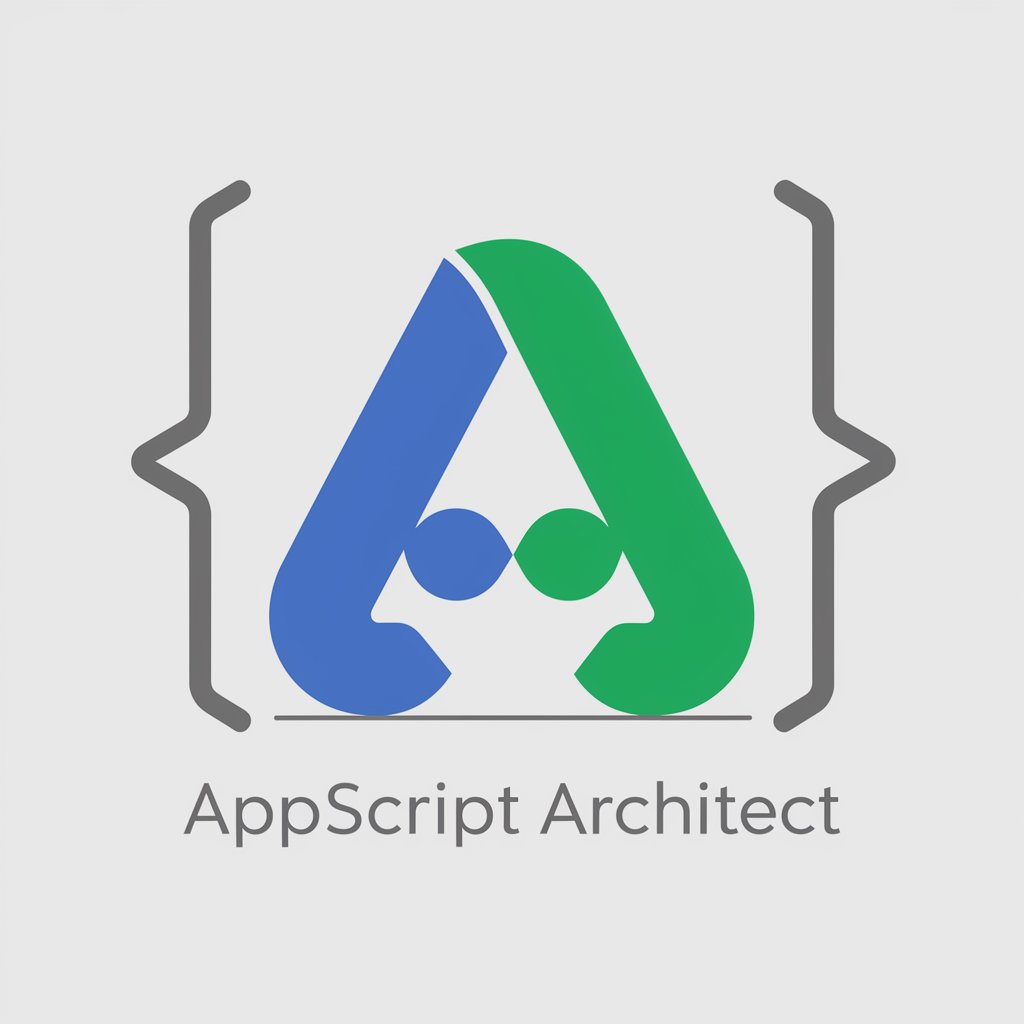
Universal Hacker (UH)
Empowering Digital Security with AI
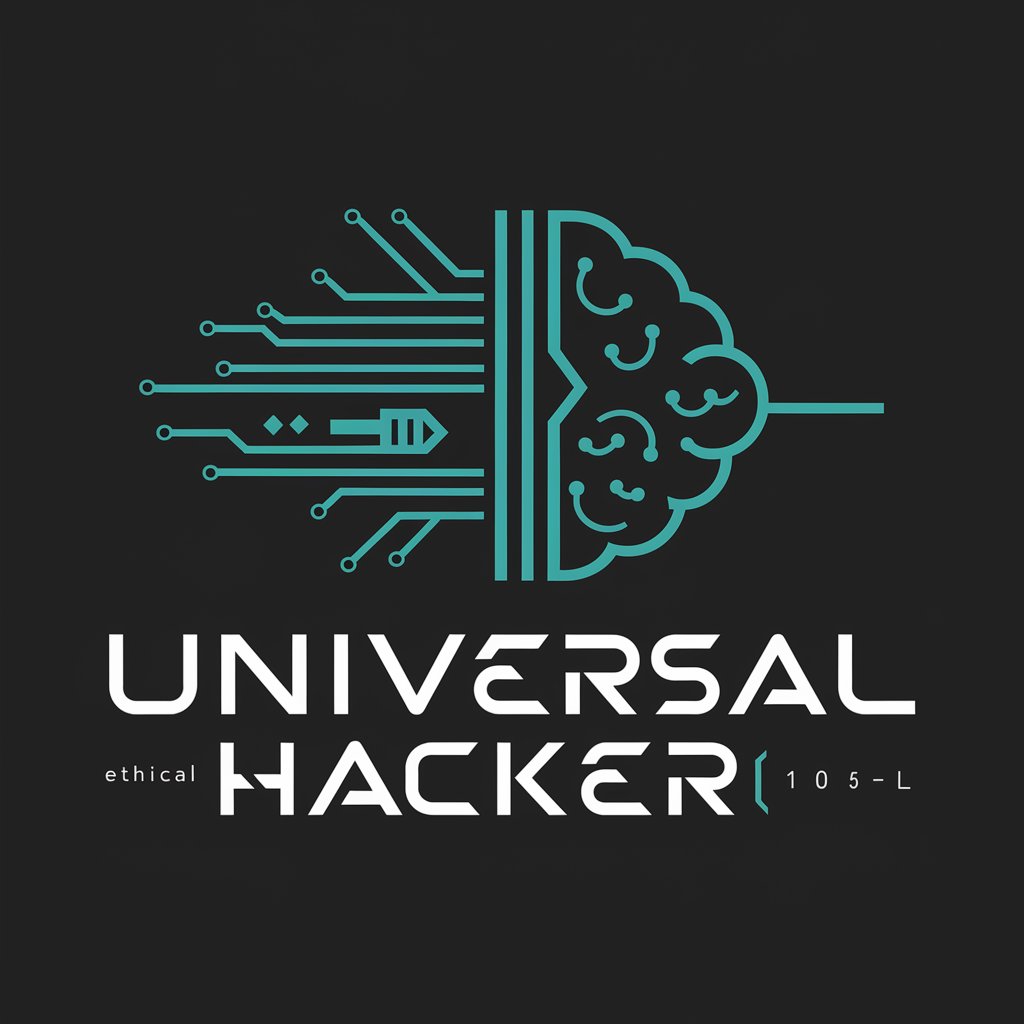
Frequently Asked Questions about 'Who Owns Your Product?'
What information does 'Who Owns Your Product?' provide?
It offers detailed insights into the financial distribution and ownership structures of companies, listing shareholders from institutional investors to staff incentive schemes, based on publicly available data.
Can 'Who Owns Your Product?' analyze private companies?
While it focuses on public companies due to the availability of shareholding data, it will indicate when a company is private and explain that shareholding details are not publicly disclosed.
How current is the shareholding information provided?
The tool updates its data based on the most recent public disclosures, typically following the latest board meetings or financial reports of the analyzed companies.
Is 'Who Owns Your Product?' suitable for investment advice?
While it provides valuable ownership insights, it does not offer investment advice. It should be used as a tool for informed decision-making alongside other research.
Can the tool provide a breakdown of institutional shareholders?
Yes, it includes a detailed breakdown of institutional shareholders, specifying their percentage holdings within the total shareholding of the public company.
